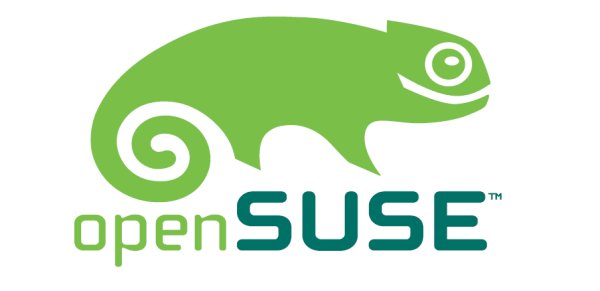THIS GUIDE IS TAKEN FROM SANS INSTITUTE
Purpose
System Administrators are often on the front lines of computer security. This guide aims to support System Administrators in finding indications of a system compromise.
What to use this sheet for
On a periodic basis (daily, weekly, or each time you
logon to a system you manage,) run through these
quick steps to look for anomalous behavior that
might be caused by a computer intrusion. Each of
these commands runs locally on a system.
This sheet is split into these sections:
• Unusual Processes
• Unusual Files
• Unusual Network Usage
• Unusual Scheduled Tasks
• Unusual Accounts
• Unusual Log Entries
• Additional Supporting Tools
• Unusual Processes
Look for running processes:
# ps –aux
Get familiar with “normal” processes for the machine.
Look for unusual processes. Focus on processes with
root (UID 0) privileges.
If you spot a process that is unfamiliar, investigate
unusual processes, getting more detail using:
# lsof –p [pid]
This command shows all files and ports used by the
running process.
• Unusual Files
Look for unusual SUID root files:
# find / -uid 0 –perm -4000 –print
Requires knowledge of normal SUID files
Look for unusual large files (greater than 10
MegaBytes):
# find / -size +10000k –print
Requires knowledge of normal large files
Look for files named with dots and spaces:
(“...”, “.. “, “. “, and “ “)
# find / -name “...“ –print
# find / -name “.. “ –print
# find / -name “. “ –print
On a Linux machine with RPM installed (RedHat,
Mandrake, etc.), run the RPM tool to verify packages
# rpm –Va
Checks size, MD5 sum, permissions, type, owner, and
group of each file with information from RPM
database
Output includes:
S – File size differs
M – Mode differs (permissions)
5 – MD5 sum differs
D – Device number mismatch
L – readLink path mismatch
U – user ownership differs
G – group ownership differs
T – modification time differs
Pay special attention to changes associated with
items in /sbin, /bin, /usr/sbin, and /usr/bin
• Unusual Network Usage
Look for promiscuous mode, which might indicate a
sniffer:
# ip link | grep PROMISC
Note that ifconfig doesn’t work reliably for detecting
promiscuous mode on Linux kernel 2.4
Look for unusual port listeners:
# lsof –i
# netstat –nap
Need to know which TCP and UDP ports are
normally listening on your system and look for
deviations from the norm
Look for unusual ARP entries, mapping IP address to
MAC addresses that aren’t correct for the LAN:
# arp –a
Requires detailed knowledge of what is supposed to
be on the LAN
• Unusual Scheduled Tasks
Look for cron jobs scheduled by root and any other
UID 0 accounts:
# crontab –u root –l
Look for unusual system-wide cron jobs:
# cat /etc/crontab
• Unusual Accounts
Look in /etc/passwd for new accounts, especially
with UID 0 or GID 0
# less /etc/passwd
# grep :0: /etc/passwd
Normal accounts will be there, but look for new,
unexpected accounts
• Unusual Log Entries
Look through your system log files for suspicious
events, including:
Promiscuous mode
“entered promiscuous mode”
Large number of authentication or login
failures from either local or remote access
tools (e.g., telnetd, sshd, etc.)
Remote Procedure Call (rpc) programs with a
log entry that includes a large number (> 20)
strange characters (-^PM-^PM-^PM-^PM-
^PM-^PM-^PM-^PM)
For web servers: Large number of Apache
logs saying “error”
• Additional Supporting Tools
The following tools are often not built into
Linux operating system, but can be used to
analyze its security status in more detail.
Each is available for free download at the
listed web site.
Chkrootkit looks for anomalies on systems
introduced by user-mode and kernel-mode
RootKits
www.chkrootkit.org - free
Tripwire looks for changes to critical system
files
www.tripwire.org - free for Linux for noncommercial
use
AIDE looks for changes to critical system files
http://www.cs.tut.fi/~rammer/aide.html
Second monitor no display after latest update - KDE-neon
-
After latest update as of Oct 3, 2023, my second monitor was undetected
with latest kernel (6.2.0-33-generic). If I boot with previous kernel, it
can be...
6 months ago

























